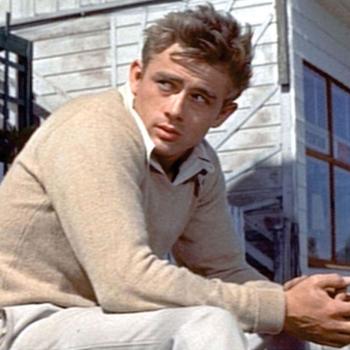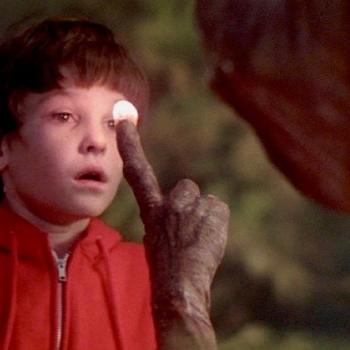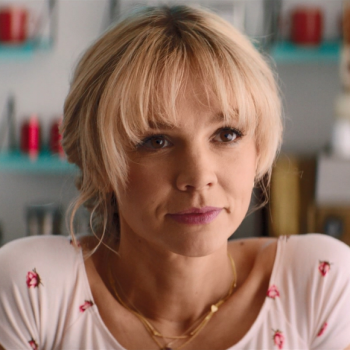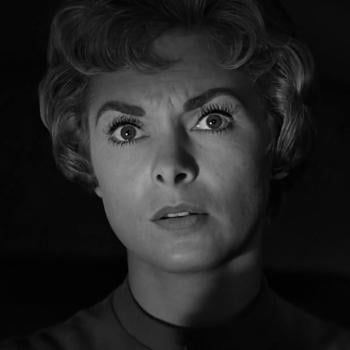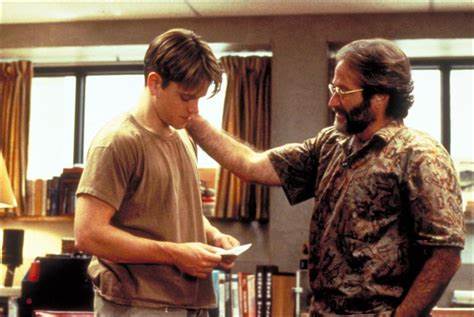
It sometimes surprises people who know me to learn that I spent a season working with boys with behavioral disabilities, kids with tons of potential who were facing significant crossroads. So I have some context for the relationship between Matt Damon and Robin Williams in Good Will Hunting.
Don’t give me too much credit, though. I wish I could say I was as good at my job as Robin Williams was at his.
Gus Van Sant’s 1997 film, Good Will Hunting follows a young prodigy, the titular Will Hunting, who is a crossroads at his life. With the threat of jail hanging over him, Will is offered a lifeline by MIT Professor Gerald Lambeau if he will lend his smarts to the university and also attend therapy, which is where he meets Sean Maguire, the man who will ultimately change his life.
Will is a kid with boundless potential, but he safeguards himself behind his intellect. He’s basically every 20-year-old who is so overwhelmed by the volatility of American politics that he convinces himself that there are no causes worth investing in anyway, so he might as well heckle from the sidelines anyone who tries to make a difference. Will puts on this facade of security, assurance, but this is all a front to protect a psyche that he is determined to never expose. (Moreover, Will’s approach to solving his problems is mostly punching them.) Lambeau tells Maguire at one point, “This boy has the gift. He just doesn’t have the direction–we can give that to him.”
He’s bought into the idea that you can know everything you need to know simply by reading textbooks–no vulnerability required. This is why he chooses to stay a janitor when he could be a rocket scientist. This is why he puts walls up in his relationships, even with the lovely Skylar, played by the lovely Minnie Driver. It’s actually Skylar who calls Will out for his imperviousness, saying, “You live in this safe little world where no one challenges you, and you’re scared as s*** to do anything else.”
Most of the forces seeking to influence Will are concerned with putting him in a position where he can develop the next fusion bomb or be the first person to divide by zero. The things that make him interesting to people like Lambeau have to do with his staggering intellect. But Will is much more than his aptitude. He is a person with a story.
Maguire knows a thing or two about that. We’re meant to understand that his genius rivals Lambeau, but Maguire was content to pursue an alternate path. One that paid considerably less but gave him peace. This is ultimately why Maguire is able to see Will as a whole person: he knows there’s more to life than material gain or prestige. Maguire sees Will’s propensity for deflection and fortification as defense mechanisms that originated from specific life circumstances–Will has had a hard life. Maguire is able to tap into all that and help lead Will out of it. No one has ever been able to reach Will before in part because they have only really known how to motivate him with promises of wealth and acclaim.
The movie uses Will’s professional future as a sort of red herring, pretending that this is going to build to him finally cashing in on that big brain of his and becoming some kind of professorial wizard. But Will walks away from all these firm and university offers for a chance to commit to his relationship with Skylar, and we understand he’s going to be much happier for it.
There are all sorts of lessons here. Some have to do with the love of money and acclaim as a faulty goal, as we talked about in The Greatest Showman. Some of them have to do with ministering to others in a way that truly builds them, as we talked about with The Way, Way Back. Take from that what you will.





